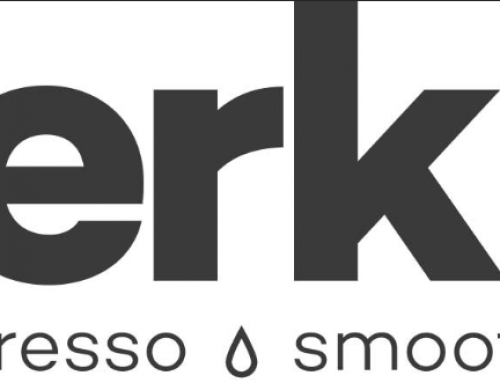We’ve seen more economic and organisational change in the last two years than what would normally take 20 years. Imagine how many years of researching, campaigning, canvassing, and protesting it would have taken to get the UK Government to pass flexible working as ‘the norm’ before the pandemic. Probably almost as long as it has taken the Government to take climate change action seriously (and I’m not convinced they have!)
The pandemic’s impact on our economy was so damaging that 2020 ranked the worst yearfor economic growth since the immediate aftermath of World War II. Last year, the UK and US saw their economies shrink by 3.1 per cent and 3.5 per cent respectively, and the job markets on both continents are still seeing ongoing unrest, despite some very areas of strong growth, including cleantech.
The Great Resignation, paired with the war for talent, and followed by a widespread skills shortage, has knocked the Global job markets out of sorts. The point is that the current world we are living in is vastly different to that of before – organisations have made drastic cuts, pivots, and learning curves in order to survive, and it’s changed the face of ‘work’ for good. Many ways for the better, some less so, but it’s an ongoing but permanent change.
Subsequently, business leaders are tasked with the unenviable (yet critical) challenge of weathering this while growing and leading a business, attracting new talent in a recruitment crisis, and keeping current staff and clients happy. So, what traits and skills do leaders need to equip themselves with (if they haven’t already) in the post-pandemic economy?
Agility
Leadership agility is the ability to make smart and effective decisions in a rapidly changing world. Something most cleantech founders and entrepreneurs are familiar with, but this change in workplace and talent expectations and desires adds a new challenge. For business leaders going forward, maintaining this ability to pivot and change course in the post-pandemic economy and workplace will be a lifeline to organisational success. Adversity, controversy, and change, all things that come hand-in-hand with leadership, require flexibility and a willingness to steer away from the rule book. In the words of Bear Grylls: ‘Improvise. Adapt. Overcome.’
Critical thinking
In this hyperconnected, tech-driven world, we are inundated with data and information every day. According to a study by the University of California-San Diego, people are exposed to 34 gigabytes of information per day. Through mobile phones, the internet, radio, newspapers, and social media, we receive 105,000 words per day, equating to 23 words per second.
So, it’s no doubt that navigating through fake news, misinformation, and conflicting data seems nigh impossible. Critical thinking, the ability to think clearly, rationally, and challenge positions, is a skill needed from any leaders navigating the ‘new normal’. It’s a style of thinking that is purposeful, determined, and goal-oriented. And now, more than ever, leaders will need to rely on their critical thinking abilities to understand shifting market dynamics, and drive business strategies in a clear direction.
Empathy
It’s no wonder why female political leaders across the globe have been admired for their handling of the pandemic. Germany’s Chancellor, Angela Merkel, and New Zealand’s Prime Minister, Jacinda Ardern, have been widely commended for their efficiency, decisiveness, and clear leadership – all of which were underlined with notes of empathy.
Ardern announced a six-month long 20 per cent pay-cut for all senior government leaders as a recognition of the financial impacts the lockdown measures had on Kiwi citizens. Norway’s Prime Minister, Erna Solberg, held a private press conference for Norwegian children (no adults allowed) to address their concerns and reassure them why it was okay to feel scared during such uncertain times.
These examples highlight how empathy, the ability to understand someone else’s’ feelings and perspectives, are vital to effective leadership, particularly in unstable circumstances. Leaders have had to become much more emotionally receptive and responsive to their employees, clients, and candidates – and they should continue to do so, if they don’t or can’t, they are heading for trouble.
Research has shown that 61 per cent of people with highly empathetic leaders report often or always being innovative at work and are 54 per cent less likely to report high levels of burnout. In the post-pandemic economy, we don’t expect to see the tides settle just yet.
As leaders put their feet on the accelerator to drive business growth and success, it’s crucial that they don’t lose sight of the interpersonal skills they must possess. As we’ve already said, the cleantech job market is a battlefield for companies, and most likely will be for the foreseeable future. Therefore, leaders will need to adopt a range of traits and skills to tackle this head-on and will need to find the right support for themselves and their businesses to maximise the growth opportunities we all see, whilst navigating the unknown. From an understanding of talent and team culture perspective, I’d say Hyperion Executive Search are as good as it gets. Yes, I know, I would, but don’t take my word for it, ask our clients. We’re here to help.
David Hunt


